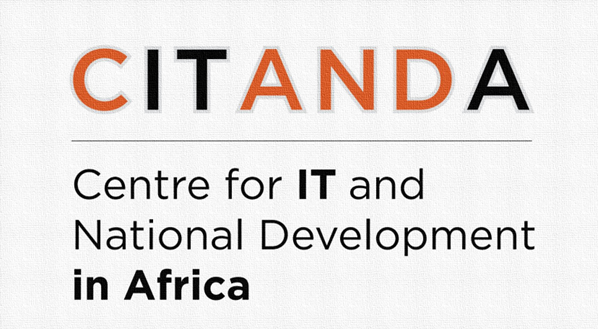Abstract
Internet of Things devices, such as those used in home automation, commercial and retail business, and smart cities, are vulnerable to attacks that affect all aspects of daily life. The upsurge in the use of IoT devices has increased the likelihood of cyber-attacks on end users. This research investigates the factors that influence IoT device users to adhere to privacy standards. This interpretivist exploratory research was guided by a three-phased approach. The interview questions were derived from the conceptual model and the constructs of Activity Theory, and themes were analyzed using deductive thematic analysis. The findings were elaborated with reference to three models of ethics. Key findings indicate that adherence is influenced mostly by consequentialism. Secondly, end-users strive to gain more knowledge about their IoT devices and to develop their confidence in the devices (virtue ethics). Lastly, compliance with policies and procedures (deontological) is the least likely influence of user adherence.


